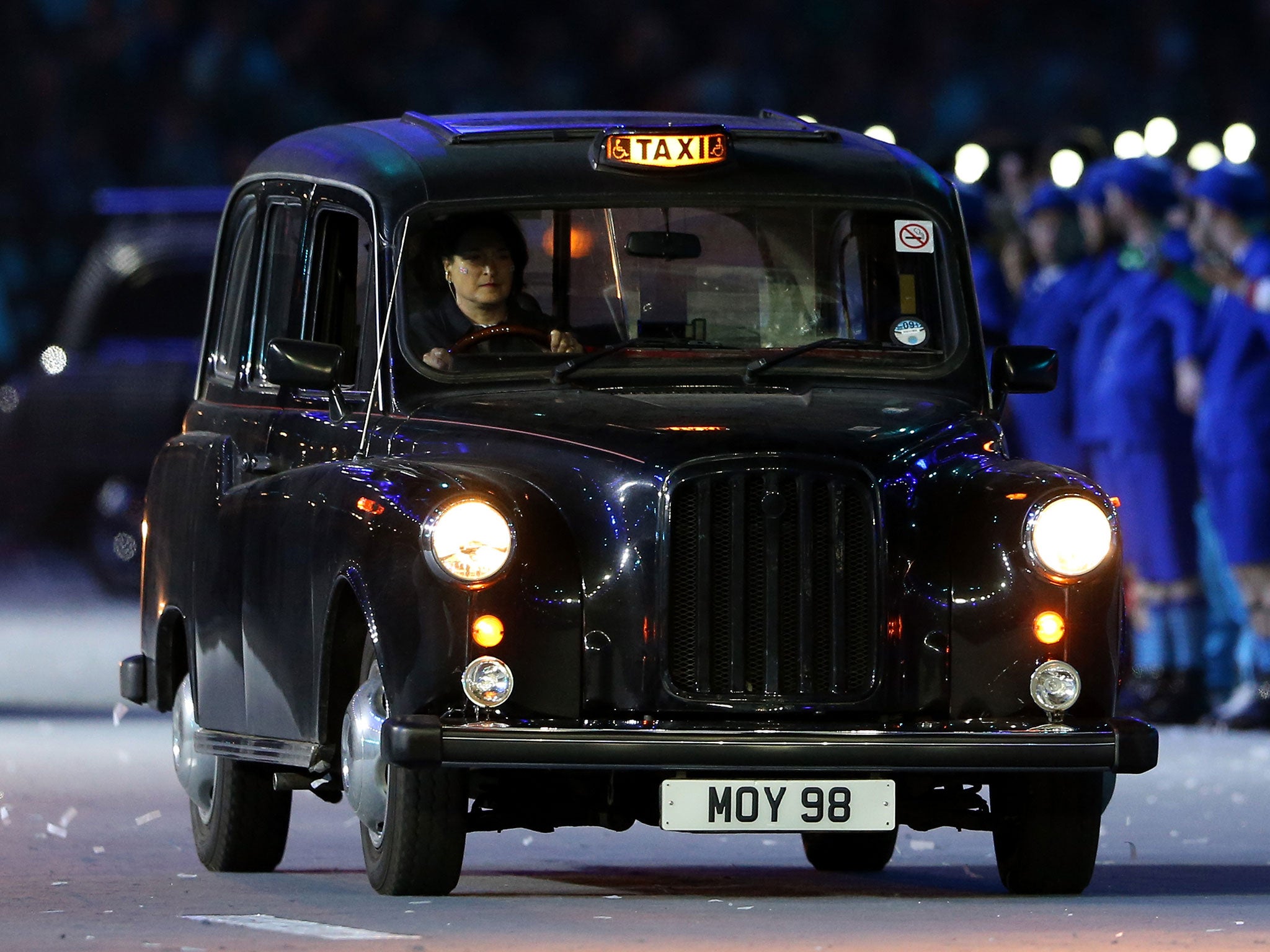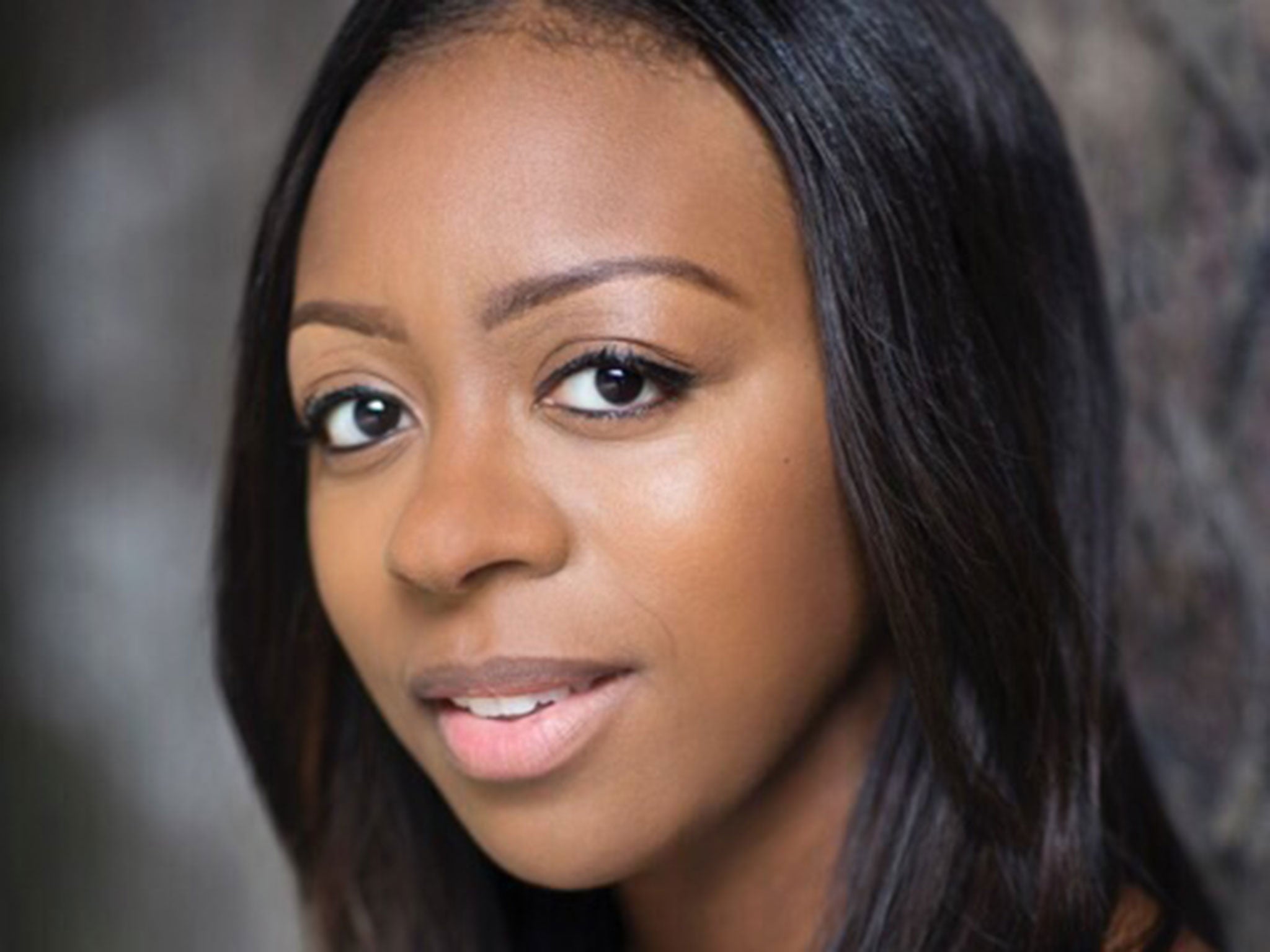Where are all the female cab drivers?
98 per cent of the UK’s taxi drivers are men, despite many customers preferring a female driver. We explore the reasons behind the gender disparity

Tonight is one of the busiest evenings of the year for Christmas parties. Thousands of “Mad Friday” drinkers will stagger out of parties and into taxis – and most behind the wheel of those taxis will be male. In Manchester, less than 0.4 per cent of drivers registered with the city council are women (25 out of the 6,507). Elsewhere, Transport for London’s recent statistics show that only 2.2 per cent of registered drivers are female. Even within that number, individual operators lag behind. At premium private hire firm Addison Lee, which has around 4,000 cars in London, women make up less than one per cent of its workforce. This is despite the fact that many female customers would welcome a woman driver.
“Even when compared to other male-dominated professions, the figures are low,” says Kristiana Wrixon of the Suzy Lamplugh Trust, an organisation that campaigns for better safety in the work place. The trust points to safety concerns as the main reason for the private hire industry’s “women problem”, not least this time of year.
“It’s silly season,” says Tracy Debourde, a London black-cab driver for 20 years. She likens switching her light on during December to “being thrown to the wolves”. Tonight, she will finish earlier than usual, around 1am, and will stick to ranks at the hotels on Park Lane. “You’re probably not going to get someone throwing up their Christmas dinner. You lower your risk level.” Debourde knows what those risks can be. She was robbed for her cash during the day in 1996 after a customer jumped in at Regent Street. “I always lock my doors now, even on a rank. I like to see who’s getting in.” That happened despite the perspex screen that separates drivers from passengers in Hackney cabs.
Virginia Halstead didn’t have the luxury of a screen while working as a minicab driver in Sheffield when she was robbed at knifepoint in June this year, her first such incident in 17 years. She had also taken the precautions available to her – the panic button in the car didn’t work, and because the offender had called from a public phone box number already on its system, the firm mistook the customer for a regular. She now works for cashless, online-only firm Uber, which allows drivers to book and pay for rides on an app. “I would have been devastated to give it up. I love the job, and people are always so happy to have a woman driver. I’d still advise any women to do it. You just have to be careful.”
Both Halstead and Debourde see the crimes committed against them as a peril of the job, rather than anything to do with their gender. Advances in technology mean being sent on an unscheduled detour is less likely than before as the arrival of the apps makes drivers trackable on GPS. Toni Wallace, 26, has been driving for Uber since 2014 and works nights around acting work. She says that she finds the tracability reassuring, but as there’s no phone number for Uber, the only option is to email post-trip if there’s a problem. As Halstead discovered to some personal cost, firms have different safety proceedures in place. Addison Lee, for example, has radio operators working 24 hours a day to take calls from drivers if they encounter any problems and there's a training scheme that covers driver safety.
Like for Wallace, the women I spoke to all said flexibility was a big draw, particularly Katrina Connell, a black cab driver for five years, who used to work in an office. "I go to work when I want to go to work. You can do unlimited amounts of overtime. there are no performance indicators, no customer base and no pending tray. What's not to like about this job?"

But for those whose income from driving must sustain their household, getting enough work is increasingly hard. Some companies such as Uber and minicab firms only require drivers to have passed the simple topographical test – as well as CRB and other checks – that is part of the private hire (PCO) license. That’s compared to the average four years it takes to get the black cab’s The Knowledge in London, unpaid and usually done on a scooter (other city councils have their own versions of various lengths). As a result, London is experiencing a flood of drivers; currently joining at a rate of around 500 a week.
“You just have to work harder,” says Debourde, who took the job because as a single mother she thought it would be easier to manage childcare. “I used to think that all cab drivers were millionaires with a place in Spain. The reality is I’ve worked more hours since I’ve been a cab driver than when I worked in an office.” Self-employment also means no holiday pay, sick pay, or maternity pay. – and the overheads are considerable. Drivers either own their a car – Wallace's Prius bought on hire purchase is costing her over £1000 a month to pay off – or rent one, which depending on the company, could be £250 a week. On top of that there's fuel, insurance and maintenance costs before private hire firms have taken their cut - the industry standard is around 20 per cent. The PCO insurance can also be costly for young drivers. Wallace paid £4000 in her first year. Many Uber drivers rely on surge pricing – when fares increase during peak times – to make up the money, though that inevitably increases competition for jobs.
As well as long hours, the working conditions are not exactly geared up for girls. There are limited options for stopping, even when nature calls. “I know where I’m welcome. I’ll wave and the doorman’ll wave back. I’ll take them a box of biscuits at Christmas,” says Connell, who uses hotels where she can. Wallace makes do with McDonald’s. In London, there are 13 remaining cabmen's shelters that serve food and drink to drivers. They're small and more often than not, the bench seating is taken-up by - male - regulars. The shelter on Kensington Road tells me that they have one girl who parks on the rank outside to get a coffee from the hatch, but the only woman who comes inside is the non-driver making the teas. That's not to say women aren't welcome - and all the male drivers I spoke to told me that they would love to see more in the job.
And despite its drawbacks, those behind the wheel were universally proud to be there "Some days it's the best job in the world," says Debourde. Connell’s son was at university when she did The Knowledge. “He said, ‘Mum, you could have got a degree in the same time it took you to do that.’ I said, ‘Yes, but I wouldn’t have had so much fun.’” The industry now just needs to listen to the appreciated female voices in its workforce.
Join our commenting forum
Join thought-provoking conversations, follow other Independent readers and see their replies
Comments
Bookmark popover
Removed from bookmarks